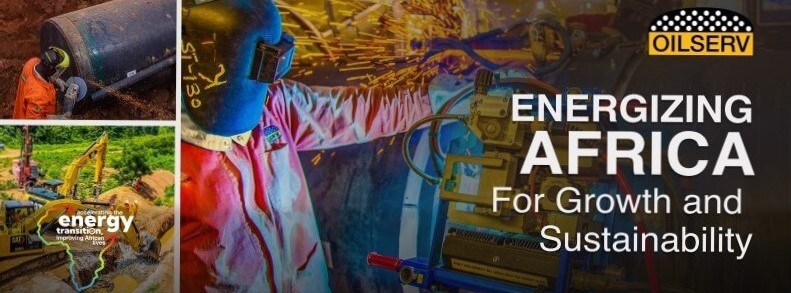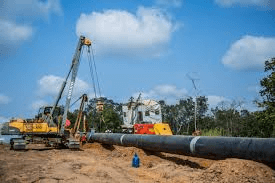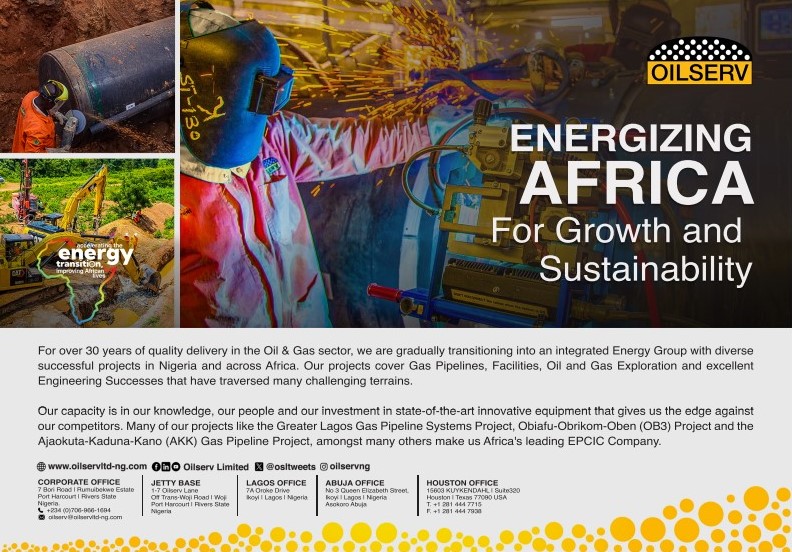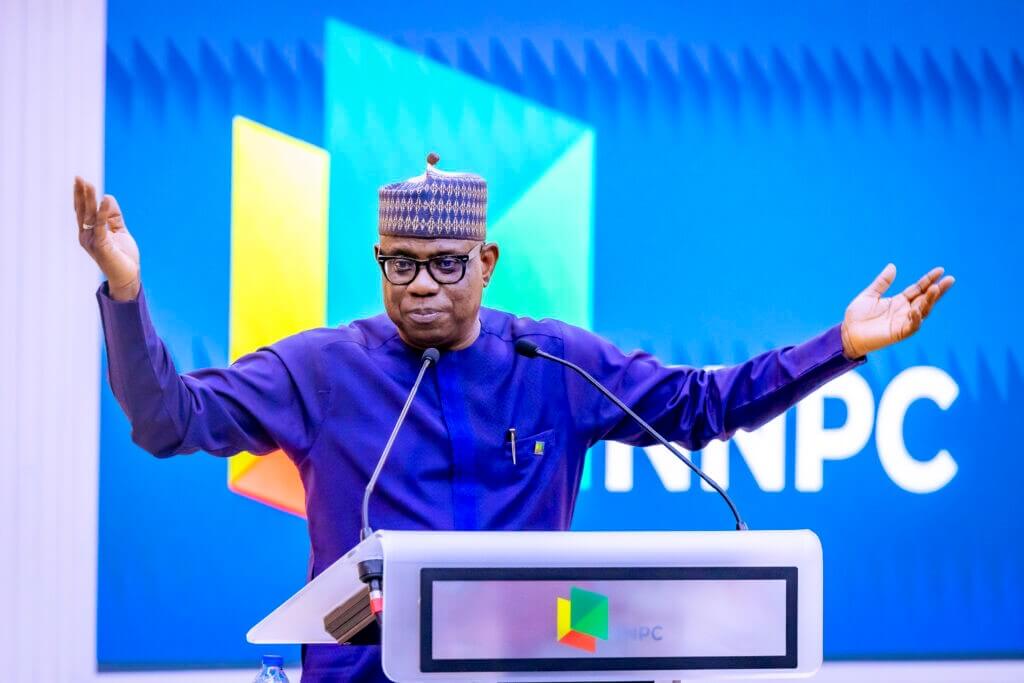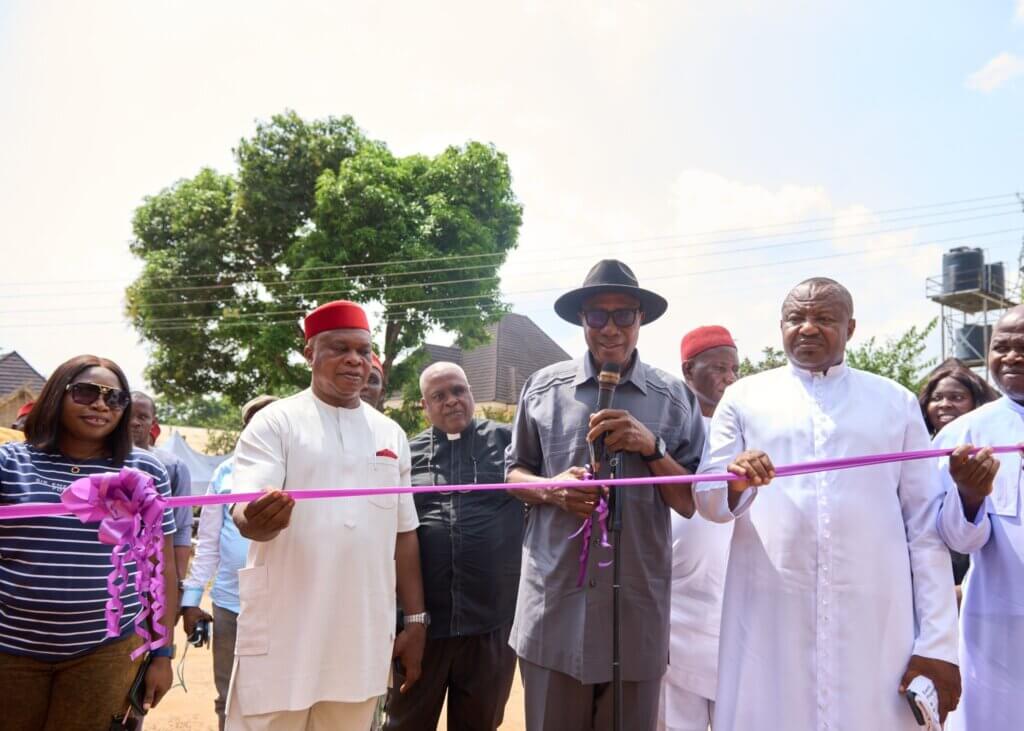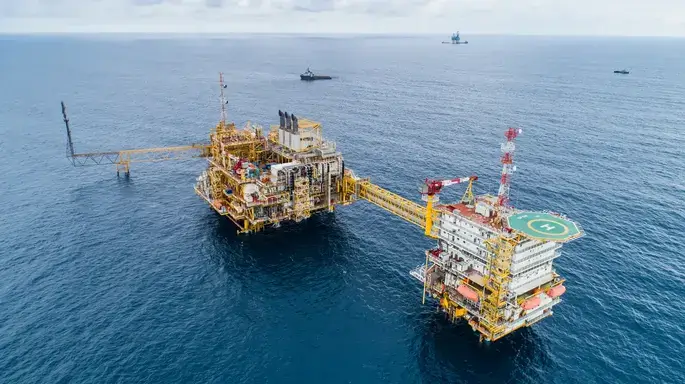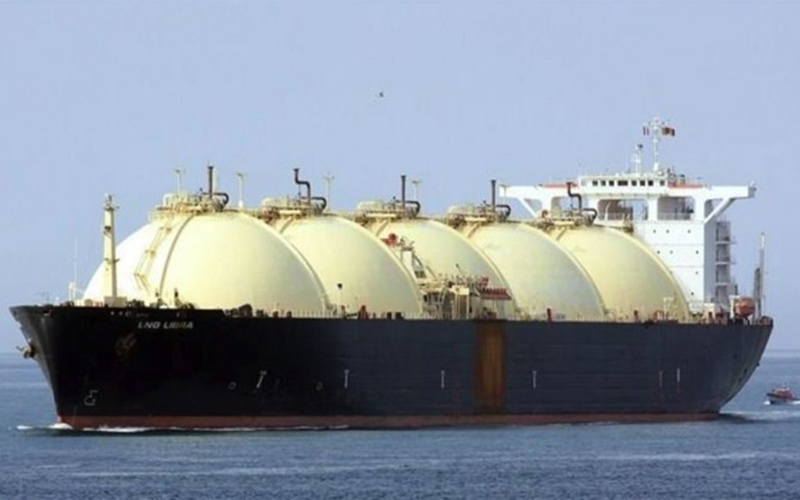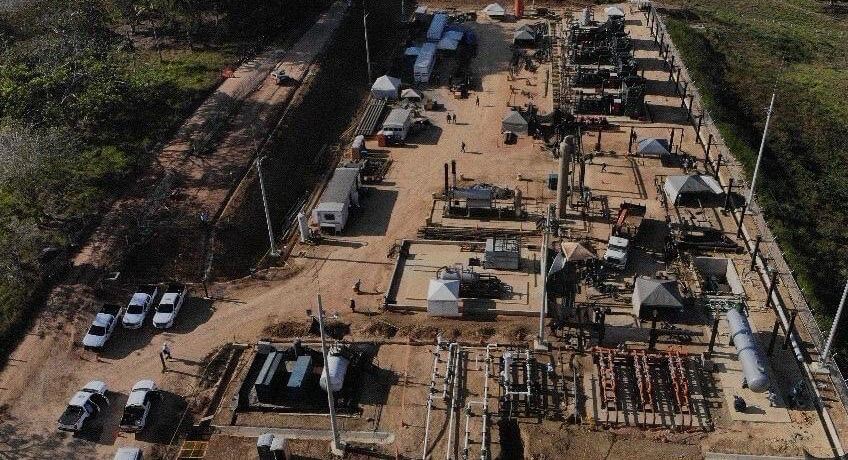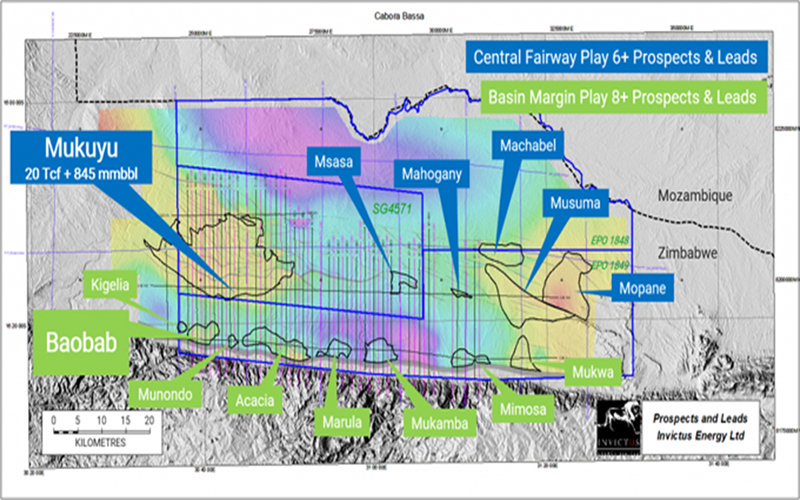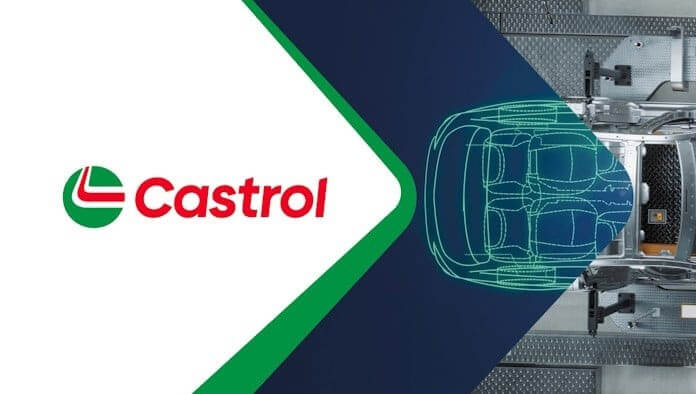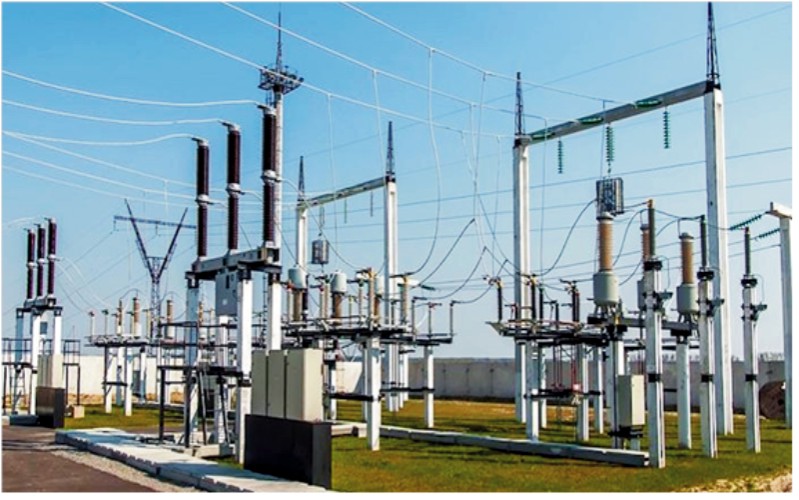
The Nigeria prevalent perennial power generation insufficient is now within the sight of being over. This is coming at heels of the present administration of President Bola Tinubu who recently assented to the long awaited electricity bill into law. The national electricity bill was passed in July 2022 by the country’s national assembly seeking to repeal the Electricity and Power Sector Reform Act, 2005.
The current assent to the Electricity bill into law by the global major natural gas producing country Nigeria has now placed the country in pedestal of power generation sufficiency nations. This bold action has set off the possibility of harnessing all existing legislative structures as enablers for the electricity supply industry to provide an omnibus and ideal Institutional framework to guide the post-privatization phase of the Nigerian Electricity Supply Industry and encourage private sector investments in the sector.
The main essence and benefit of the bill is primarily to erase the hurdle of monopoly enjoyed by the Federal as the sole custodian of generation, transmission and distribution of power. But the passage of the bill has empowered States, companies and individuals to generate, transmit and distribute electricity. States would also be able to issue licenses to private investors who have the ability to operate mini-grids and power plants within the State, but such State licenses are not to extend to inter-state or transnational distribution of electricity.

For instance, States like Kaduna, Lagos, and Edo can begin to regulate their own electricity market as they have already created laws for their electricity markets Rivers State has already established power generation plant but transmits its generation to federal grid for distribution could now as empowered by new Electricity Act source for clients and distribute generated power and this will invariably rake substantive revenue to the coffers of the State.
Nigeria’s energy space is endowed with large oil, gas, hydro and solar resources, and it has the potential to generate 12,522 MW of electric power from existing plants. On most days, however, it is only able to dispatch around 4,000 MW, which is insufficient for a country of over 195 million people. The passage of the bill into law will roll out more private companies to invest in the country power sector now the era of energy transition is reverberating across the globe and foreign investors and financial institutions are ready to partner with nations and private bodies in the area of carbon free emission power generation like Solar, Wind, and Green hydrogen.
Currently there are several green power investment projects across Sub-Sahara Africa and Nigeria will not be left out. South Africa through the country’s energy firm Eskom is one of largest power utility companies in Africa. The company is divided into Generation, Transmission and Distribution divisions, and together Eskom generates approximately 95% of electricity used in South Africa, amounting to approximately 45% of total power used in Africa. The passage of the Electricity Act will attract globally renounced utility companies like Eskom into the now all the hurdles militating against establishment of operating legal framework is in place.
The Electricity Act also mandates the imposition of renewable purchase obligations on distribution or supply licensees. It also states that anyone may construct, own or operate an undertaking for generating electricity not exceeding 1 megawatt (MW) in aggregate at a site or an undertaking for distribution of electricity with a capacity not exceeding 100 kilowatts (Kw) in aggregate at a site, or such other capacity as the Commission may determine from time to time, without a license.
Despite these abundant energy resources in Nigeria raging from intensive sunshine, natural gas, wind and geothermal majority of the citizens don’t have access to electricity. Nigeria has the lowest access to electricity globally, with about 92 million citizens out of the 200 million populations lacking access to power, the Energy Progress Report 2022 released by Tracking SDG 7, has revealed. The report, produced in conjunction with the International Energy Agency, International Renewable Energy Agency, United Nations Statistics Division, the World Bank and the World Health Organisation, indicated that Nigeria was followed by the Democratic Republic of Congo’s 72 million, Ethiopia’s 56 million and Pakistan’s 54 million access deficits.
Nigeria’s constitution as amended provides for shared power between the Federal and state government in terms of making laws for electricity. But this is not the practice on account of the Electricity Reform Act which empowers Nigeria Electricity Regulatory Commission to carry out regulation across the country. The Electricity Act establishes that NERC’s powers to regulate within Nigeria are without prejudice to the powers of the states to make laws and create electricity markets within those states and to regulate those markets. It mandates how NERC transitions regulatory responsibilities from itself to state regulators when they are established. Until that happens, NERC will continue to regulate electricity business exclusively carried out in those states.
To champion this new era in Nigeria, the Electricity sector is Power Africa. A U.S. Government-led partnership, Power Africa convenes the collective resources of the private sector, international development organizations, and governments from around the world to increase energy access and to end energy poverty in sub-Saharan Africa.

OVERVIEW OF POWER PLANTS IN NIGERIA
In Nigeria, Power Africa has successfully participated in most power projects and has played major financial roles in these power projects. These projects include:
First Independent Power – Afam (Natural Gas – 180MW)
The First Independent Power Limited/Afam power plant was privatized as part of Nigeria’s efforts to restructure and reform the energy sector. USAID provided technical assistance to the Bureau of Public Enterprises (BPE) and the Nigerian Bulk Electricity Trading (NBET) Plc. by reviewing and commenting on project agreements; credit and reimbursement agreements; partial risk guarantees; letters of credit; and other related documentation. First Independent Power Limited/Afam is a licensed power generation company, which owns and operates power plants in Rivers State, Nigeria and was incorporated in 2006. The project reached financial close in September 2013 and became commercially Operational in December 29, 2017.
First Independent Power – Elema (Natural Gas – 75MW)
Elema Power Plant was part of Nigeria’s efforts to restructure and reform the energy sector. USAID supported the efforts to privatize the Elema Plant by providing technical assistance to the Bureau of Public Enterprise (BPE) and the Nigerian Bulk Electricity Trading (NBET) Plc. by reviewing and commenting on drafts of the support agreement; project agreements; credit and reimbursement agreements; partial risk guarantees; letters of credit; and other related documentation. First Independent Power Limited/Elema (Nigeria) is a licensed power generation company, which owns and operates power plants in Rivers State, Nigeria and was incorporated in 2006. The project reached financial close in September 2013 and became commercially Operational in November 30, 2015.
First Independent Power – Omoka (Natural Gas – 25MW)
Omoka power plant was part of Nigeria’s efforts to restructure and reform the energy sector. USAID assisted in the privatization efforts by providing technical assistance to the Bureau of Public Enterprise (BPE) and the Nigerian Bulk Electricity Trading (NBET) Plc. by reviewing and commenting on drafts of the support agreement, project agreements, credit and reimbursement agreements, partial risk guarantees, letters of credit, and other related documentation. Incorporated in 2006, First Independent Power Limited (Nigeria) is a licensed power generation company, which owns and operates power plants in Rivers State, Nigeria. The project reached financial close in 25, September 2013 and became commercially Operational in December,29 2017.
Kainji Power–Jebba Hydro Power Station (Privatized Asset) (Hydro – 96.4MW)
Kainji Plc consists of two hydroelectric power plants – Kainji Hydroelectric power plant (Kainji HEP) and Jebba Hydroelectric power plant (Jebba HEP) located in the Kainji and Jebba regions of Northern Nigeria. Kainji Plc was part of Nigeria’s efforts to restructure and reform the energy sector, which included privatization of state-owned energy assets. The Jebba plant is one of Nigeria’s cheapest and steadiest suppliers of electricity and USAID supported the rehabilitation of its generation capacity. USAID assisted in the privatization efforts by providing technical assistance to the Bureau of Public Enterprise (BPE) and the Nigerian Bulk Electricity Trading (NBET) Plc. This included reviewing and commenting on drafts of the support agreement; project agreements; credit and reimbursement agreements; partial risk guarantees; letters of credit; and other related documentation. Those involved in the project included Guarantee Trust Bank and Power Africa Partners Africa Finance Corporation (AFC) and the African Development Bank, which committed to a $68 million debt financing facility to Mainstream Energy Solutions Limited consortium for the acquisition of the Kainji Power Plc. This project reached financial close in November 01, 2013 and became commercially Operational in 12/29/2017.
Kainji Power–Kainji Hydro Power Station (Privatized Asset) (Hydro – 540MW)
The Kainji PLC was privatized as part of Nigeria’s efforts to restructure and reform the energy sector. Kainji consists of two hydroelectric power plants – Kainji Hydroelectric power plant (Kainji HEP) and Jebba Hydroelectric power plant (Jebba HEP) located in the Kainji and Jebba regions of Northern Nigeria. The Kainji plant is one of Nigeria’s cheapest and steadiest suppliers of electricity and USAID supported the rehabilitation of its generation capacity. USAID assisted in the privatization efforts by providing technical assistance to the Bureau of Public Enterprise (BPE) and the Nigerian Bulk Electricity Trading (NBET) Plc. This included reviewing and commenting on drafts of the support agreement; project agreements; credit and reimbursement agreements; partial risk guarantees; letters of credit; and other related documentation. This project reached financial close on the project in November 01, 2013 at the estimated cost of $456.5M and became commercially Operational in December 29, 2017.
Olorunsogo I (Privatized Asset) (Natural Gas – 213.1MW)
The Olorunsogo I power plant was privatized as part of Nigeria’s efforts to restructure and reform the energy sector. USAID assisted in the privatization efforts by providing technical assistance to the Bureau of Public Enterprise and the Nigerian Bulk Electricity Trading (NBET) Plc. This included reviewing and commenting on drafts of the support agreement; project agreements; credit and reimbursement agreements; partial risk guarantees; letters of credit; and other related documentation. This project reached financial close in December 2013 and was commissioned in November 23. 2015 at the estimated cost of $117.3M and became commercially Operational in December 23, 2017.
Omotosho I (Privatized Asset) (Natural Gas – 74MW)
Power Africa deployed two embedded advisors (legal and commercial) and additional short-term technical assistance to the NDPHC in support of its efforts to finalize the privatization and sale process for five key Nigeria National Integrated Power Projects Plants (Independent Power Producer) by March 2018, including the Omotosho power plant. The Niger Delta Power Holding Company (NDPHC) estimates that the privatization of the five plants will yield up to an additional 1,700 MW. USAID has also assisted the Bureau of Public Enterprises in this privatization exercise as well as the Nigerian Bulk Electricity Trading (NBET) Plc. through its PPA negotiations. The financial aspect was signed on August 14, 2014 at the estimated cost of $21.7M and became commercially Operational in November 30, 2015.
Sapele Power (Privatized Asset) (Natural Gas – 940MW)
This transaction was part of Nigeria’s efforts to restructure and reform the energy sector. USAID assisted in the privatization efforts by providing technical assistance to the BPE and NBET. This included reviewing and commenting on drafts of the support agreement; project agreements; credit and reimbursement agreements; partial risk guarantees; letters of credit; and other related documentation. The financial aspect was signed on November 01, 2014 at the estimated cost of $234M and became commercially Operational in December 29, 2017.
Ughelli Power (Privatized Asset) (Natural Gas – 220MW)
The Ughelli Power Plant was privatized and ownership was transferred from the government of Nigeria to Transcorp Power Limited. Ughelli Plant is a gas-fired thermal plant located in Ughelli, Delta State in the Niger Delta region of Nigeria, and is an asset of Transnational Corporation of Nigeria Plc. (Transcorp)’s power subsidiary, Transcorp Ughelli Power Limited. USAID supported the project through options for credit-enhanced long-term financing. Other partners included the United Bank of Africa. This project reached financial close in November 2013 and was commissioned in September 2015 at the cost $600M
Azura-Edo (Natural Gas – 450MW)
Power Africa’s engagement on this transaction has been extensive. Initially, through its support to Nigerian Bulk Electricity Trading (NBET), Power Africa assisted with the power purchasing agreement negotiations, and with the development of the Put/Call Option Agreement, which was adopted in lieu of a government guarantee. In 2015, the U.S. Government worked to facilitate President Buhari’s decision to waive compliance with a Presidential circular for the project. Power Africa transaction advisors helped with the final steps needed for the transaction to reach financial close. Aldwych, a Power Africa partner and the Overseas Private Investment Corporation teamed up to bring the Azura gas project to financial close on December 28, 2015. The World Bank’s Multilateral Investment Guarantee Agency (MIGA) and additional Power Africa Partners also played critical roles towards financial close. The estimated cost of the project was $600M and became commercially Operational in Decenber 31, 2018.
Egbin Power (Privatized Asset) (Natural Gas – 220MW)
Egbin Power Project is a result of the Bureau of Public Enterprises (BPE) (Nigeria) privatization of the country’s largest power company, Egbin Power PLC. The company is now 70 percent owned by a joint venture between Korea Electric Power Corp and the Sahara Group conglomerate (Nigeria), which has interests in power distribution. The other 30% is held by the Government of Nigeria. The Egbin Power Project restored 220 MW of lost generation capacity from under-investment. USAID worked with NBET to finalize the PPA to permit privatization. This project achieved financial close in November 01, 2013 at the estimated cost of $407.3M and became commercially Operational in December 29, 2017.
Looking the above x-rayed analysis most of the above power plants were commissioned within the same period indicting apparent power surge to Nigerian electricity consumption same period under review. These power projects were in collaboration with Nigeria banks and the foreign partners, so with enactment of the new power reform Nigeria will now expect more private-foreign investors’ partnership in the power sector of the economy.













